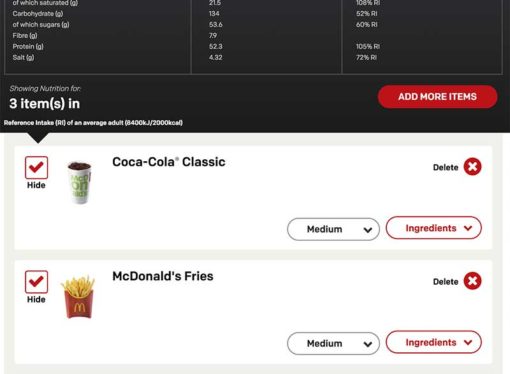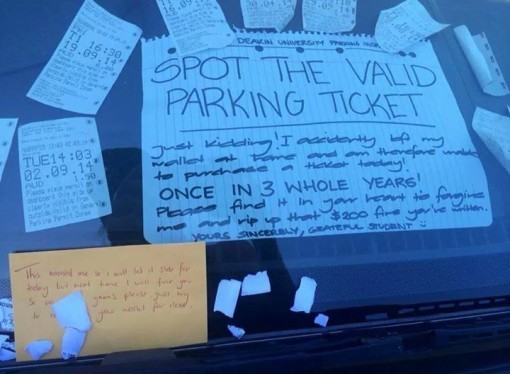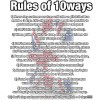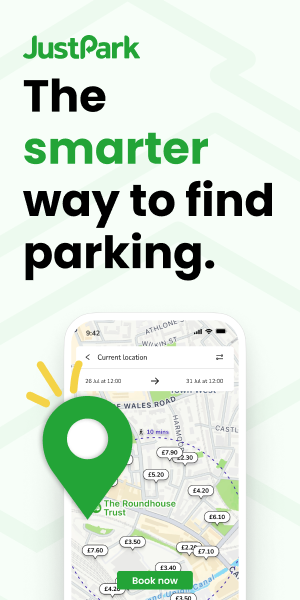Things to think about before you pay with a £10, £20 or £50 note
- Remember 1 in 30 £1 coins are fake (Over 9 million £1 coins have been detected and withdrawn from circulation by the treasury).
- If paying with a £20 ensure you say “that’s a twenty” or “I’m sorry that I don’t have anything smaller” as often bars/clubs/shops will say you gave them a £10
- Don’t put the change straight in your purse/wallet as then you can’t prove they short changed you. Keep it in your hand and quickly count it.
- If you think a member of staff looks a bit dodgy then quickly memorise the last 4 digits of the serial number of the large note HOWEVER this is part of a well known scam (so probably best not to do it unless you can also prove with CCTV etc. Two people visit a bar, 1st person buys drinks with a £20. 2nd person buys drinks with a £10 and then says “I’ve been short changed”. Tells the server the 4 digits of the £20 his mate paid with earlier and scam finished
- Lots of bars now keep the notes on top of the till before giving change, this ensures everyone is kept ‘safe’. Maybe recommend this to staff/management?
If you believe someone has actively short changed you what should you do?
Prevention is key, see above however the following should help
- Just explain that it needs to be rechecked
- Request that at the end of the night if the till is £x above what the float says they should ring you, this doesn’t help if the person serving you has pocketed the extra money however
- CCTV can help you, these are now very common in bars etc for this purpose
- Speak with the manager or send them a formal letter. Yes it’s ‘only’ £10 but it’s the point
- Ring the Police or contact trading standards


![How to be a professional comper (person who enters competitions) [Infographic]](https://10ways.com/wp-content/uploads/2016/01/comper-510x374.jpg)






















